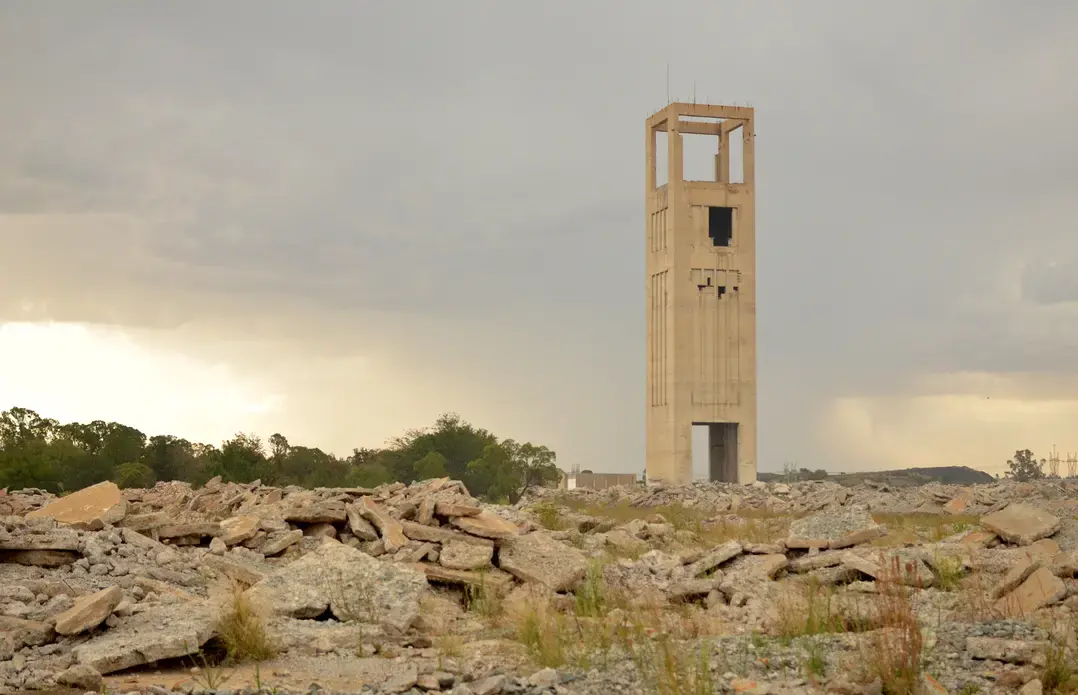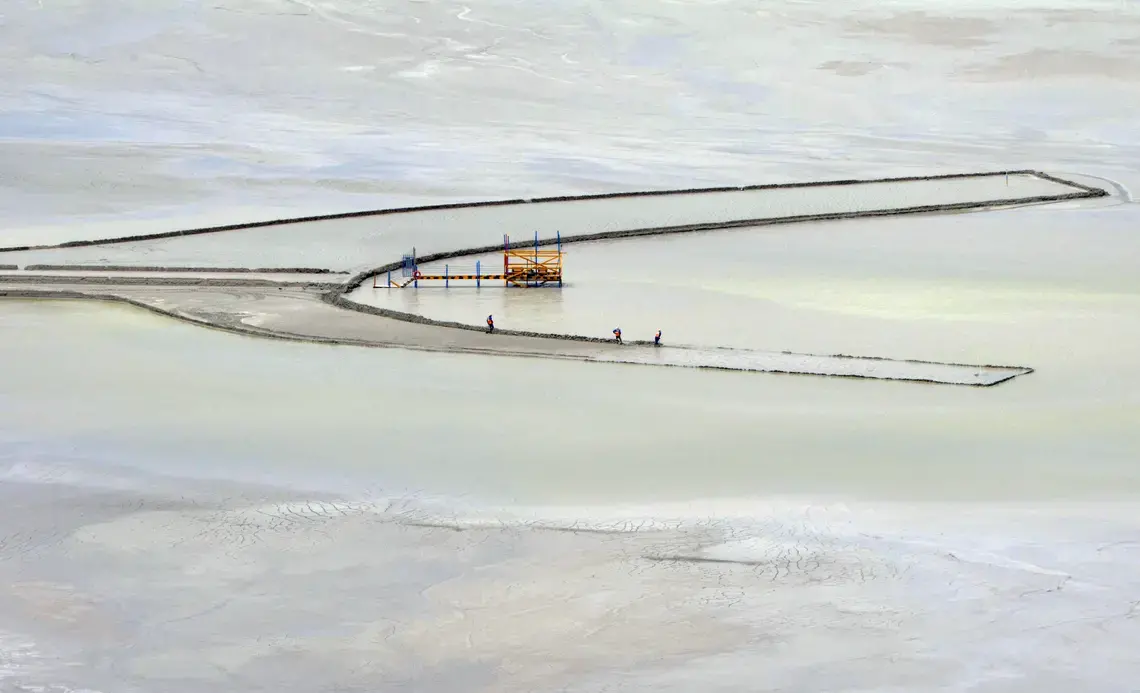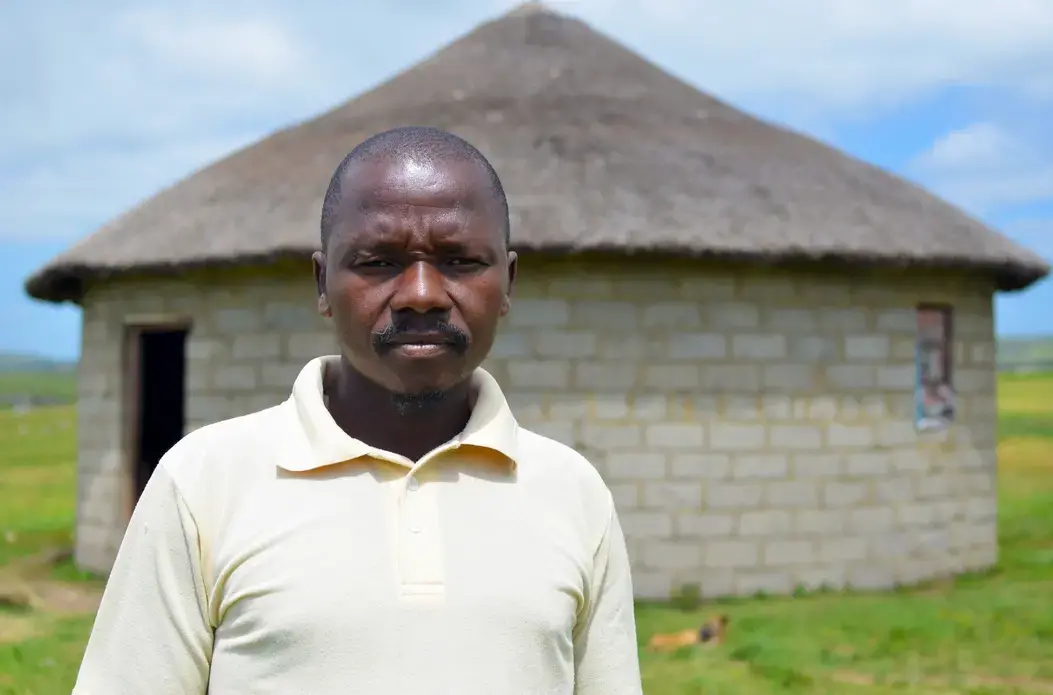JOHANNESBURG – Academics call it the minerals-energy complex, and many experts argue it's crumbling.
The term refers to the consolidation of the country's wealth to Afrikaner-controlled mining and electricity generation over several decades. Now, unavoidable national and global trends are tearing up this economic order. Prices of gold, coal and platinum plummeted since their massive rise a decade ago. The mining sector has become simply one more industry in the national economy.
Zama zamas and other small-scale mining operations replace many of the 62,000 jobs the industry lost since its recent peak in 2012.
Massive labour cuts are expected in the future as gold mines mechanise to chase what little ore remains deep underground in the Witwatersrand Basin.
Eskom pushes its suppliers to meet progressive BEE goals, and the coal majors are shedding their South African assets to save their bottom lines. Similar to the faded glory of gold mines in the Free State, abandoned coal operations scar Mpumalanga, providing nothing more than free, toxic heating for nearby townships and informal settlements.
Rural communities are now more connected than ever, and they are standing up to new mining operations.
The villages in Amadiba on the Wild Coast, for example, have opposed an Australian mining house, a move that activists believe led to the murder of Sikhosiphi "Bazooka" Radebe last year.
As the former power of the minerals-energy complex dissipates, the country turns to the future, searching for new forms of electricity generation and economic growth.













